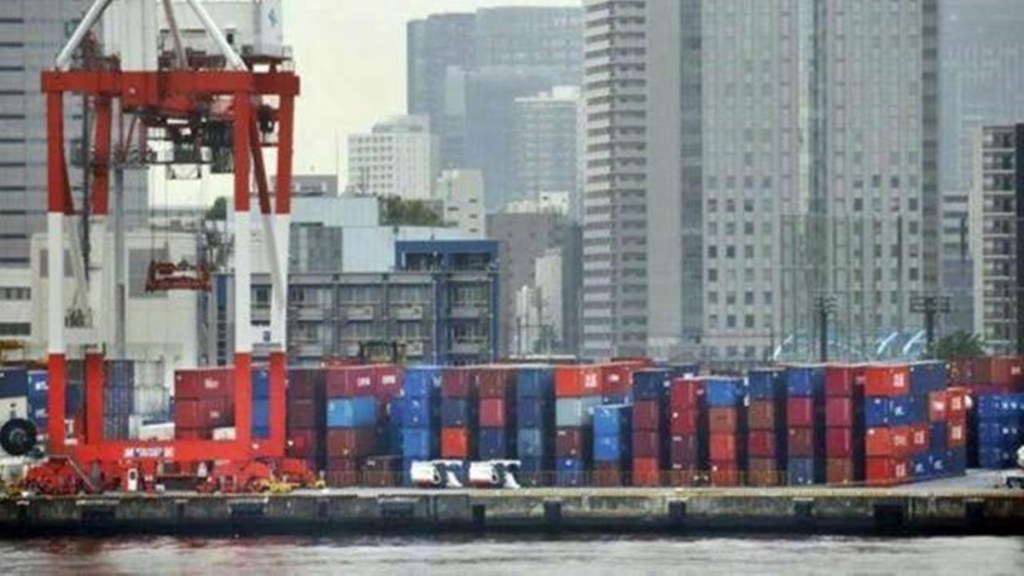In a bid to boost the export of telecom and IT equipment as well as simplify the process of certification, the government’s international deals are expected to soon include terms for equipment testing and certification, according to people aware of the matter.
As per the plan, national standards for equipment testing and certification catering demands from sectors such as telecom, power, smart cities, railways, defence, etc, are being worked out in consultation with the Telecommunication Engineering Centre (TEC). Once the national standards are formulated with easy certification and removal of unnecessary testing of products, the government will negotiate with the European Union and countries like the US, to accept Indian certification of such equipment as well.
Also read: Digital Signature Certificate: What is DSC, why businesses need it and how to apply for it?
Currently, if Indian companies want to export equipment to other countries, they need equipment certification from that country to participate in any tender. Similarly, companies which need to import telecom and IT equipment in India also require different certifications for multiple products. The current process for both exports and import of such equipment in India and other countries is not only time consuming but also involves huge costs.
“We want Indian testing and certification standards to be accepted by other countries to promote ease of doing business and make way for exports for PLI beneficiaries as well. A common global standard will simplify the process without compromising on the quality of equipment testing, while maintaining the security parameters,” a government official said, adding that this would also involve external affairs ministry.
The thinking within the government is that currently hundreds of tests are performed before any equipment such as a modem, optical fiber cables (OFCs), are declared fit to be used, suppose for deploying networks or in other sectors. Once the negotiation will happen with countries and a national standard is formed, there will be scope to include a few additional tests as demanded by other countries so that India’s certification can be accepted there, officials said.
The move regarding negotiations with other countries for equipment is crucial in sense that the government sees India becoming a major exporter of telecom equipment in the next two to three years.
With regard to testing and certification in India, companies need to spend huge amounts with regard to certification, which is currently being carried out by TEC-certified labs.
“With companies having multiple products and each product having multiple models based on spectrum, capacity etc or even frequent software updates, there are many fold increases on certification costs. Majority of companies may need to spend a few crores each on certification,” said Rakesh Bhatnagar, director general of VoICE consortium, which represents domestic equipment manufacturers and startups.
According to Bhatnagar, the government should look to subsidise certification cost for companies and startups with turnover of less than Rs 100 crores, through the Universal Services Obligations Fund (USOF) or any other scheme.
Also read: Telcos to rein in promos, but WhatsApp on monetising spree
According to industry executives, TEC should also increase its capacity for issuing more certificates. The same can be done by following a random testing process and issuing certification based on that.
In the last three years, TEC has certified over 180 equipments and issued over 200 certifications, according to the information on its website. Keeping in view the mandatory testing and certifications of telecom equipments guidelines which is set to come in from July 1, TEC has designated over 62 labs.


